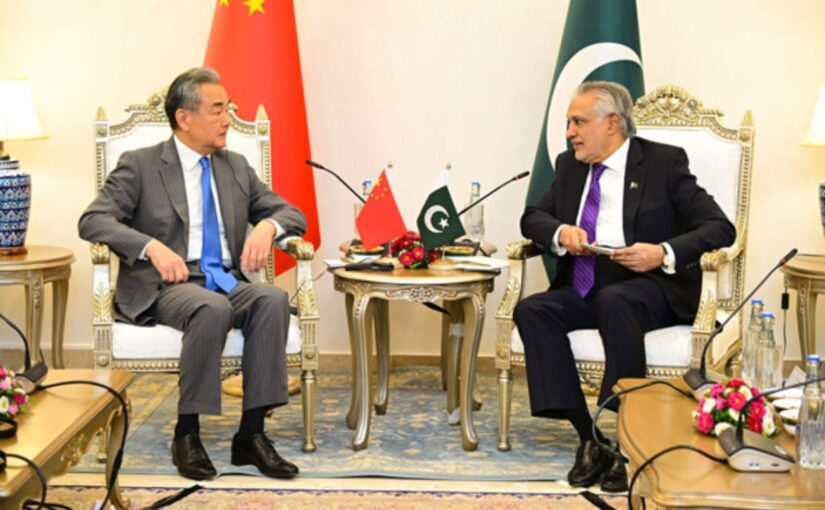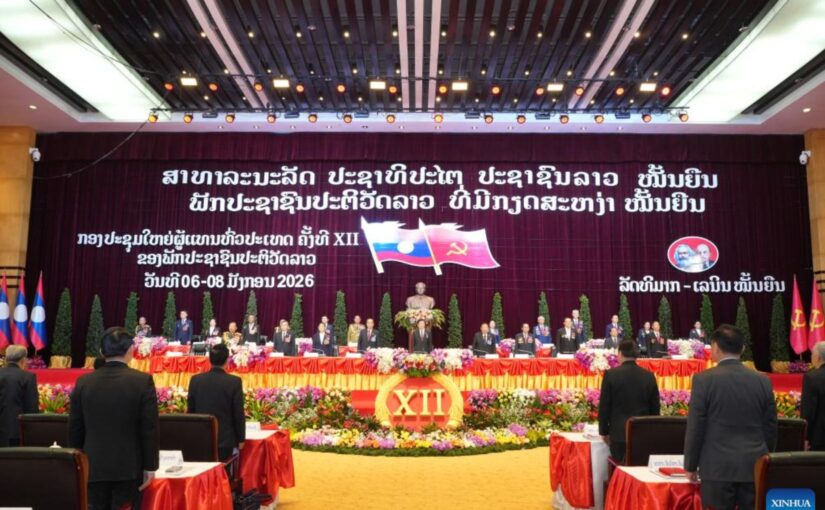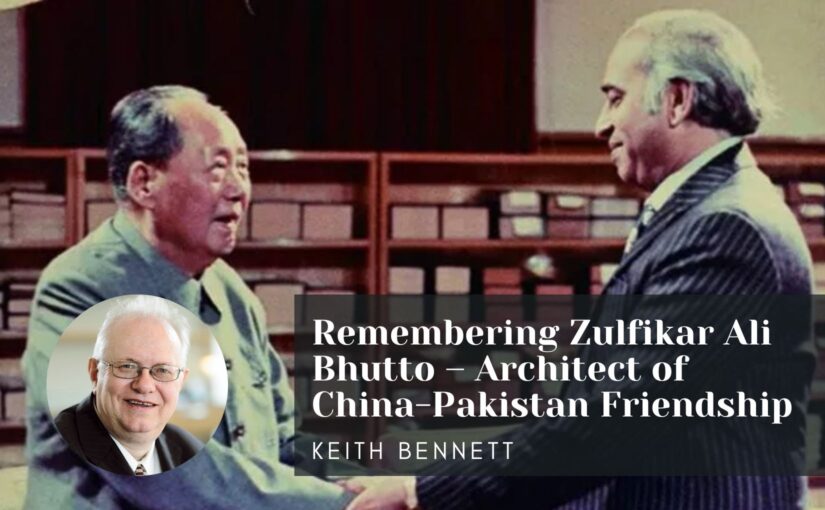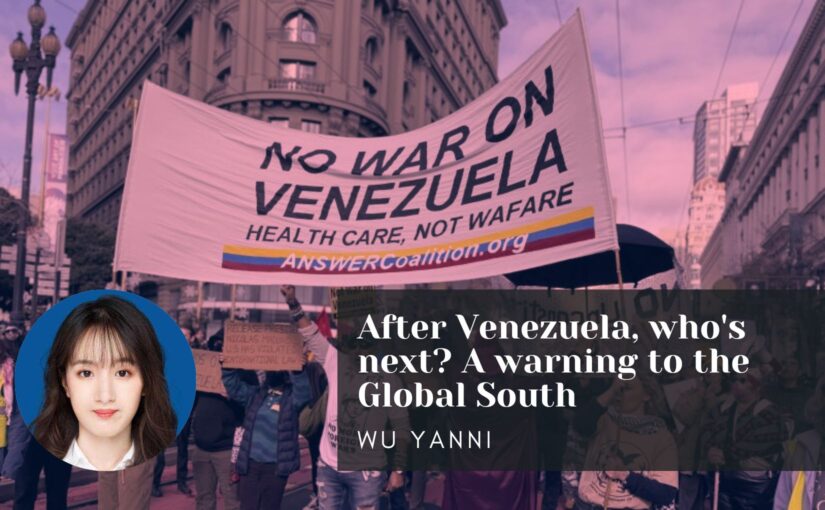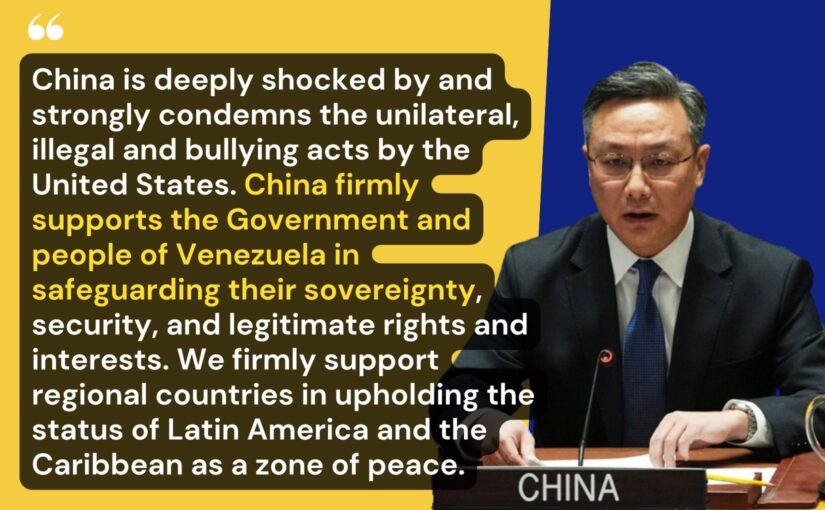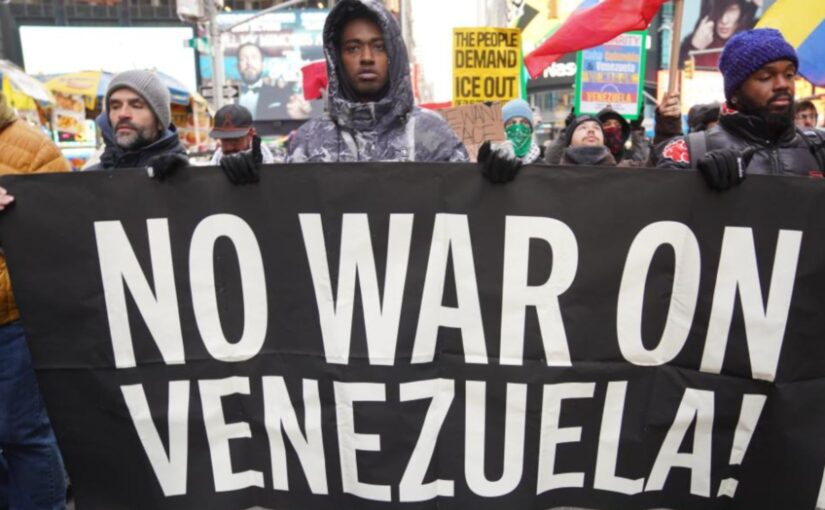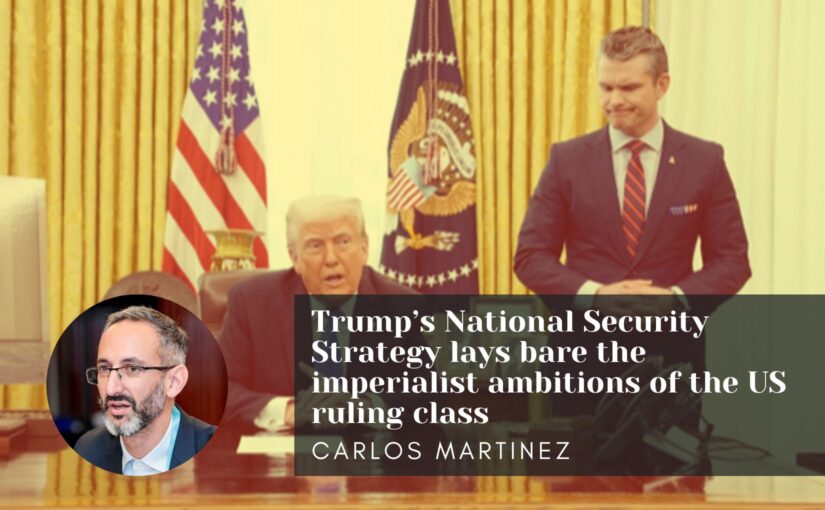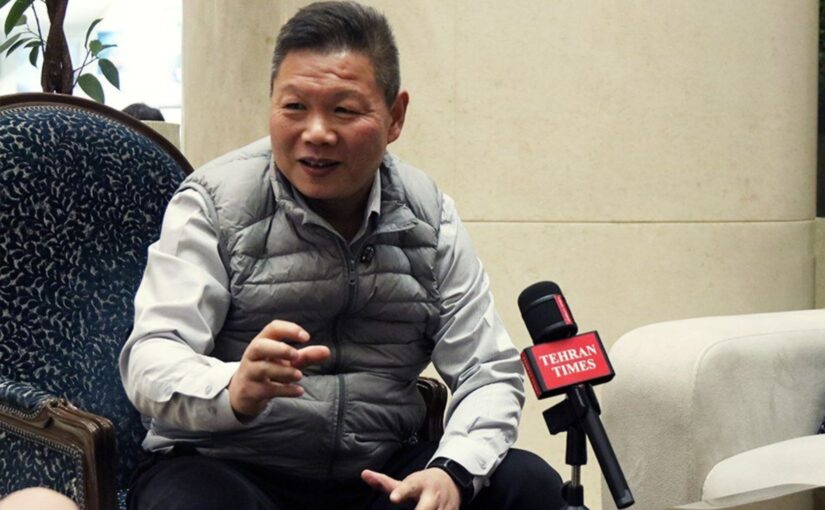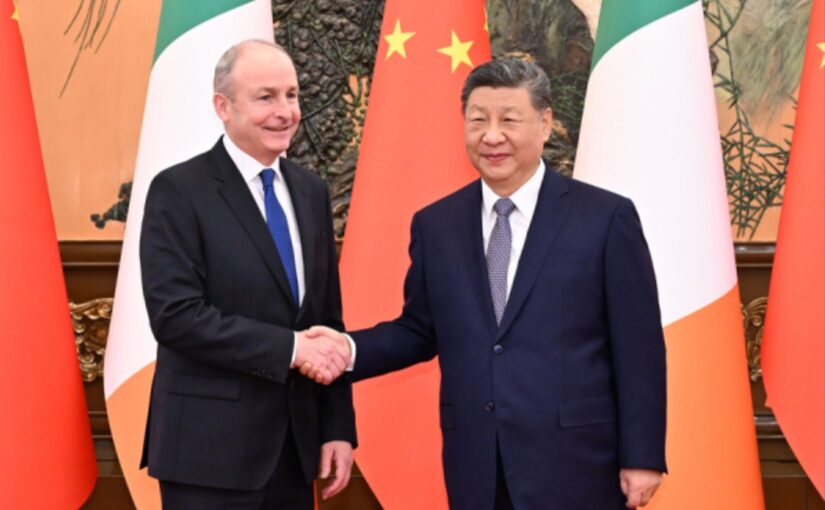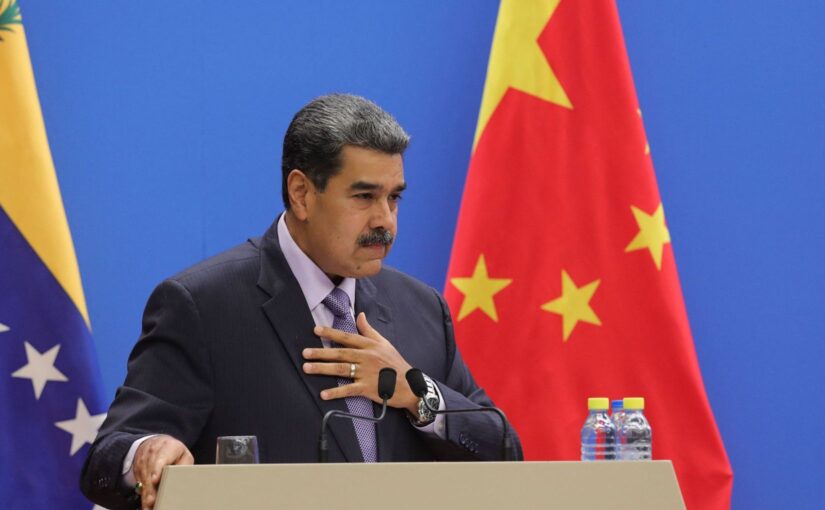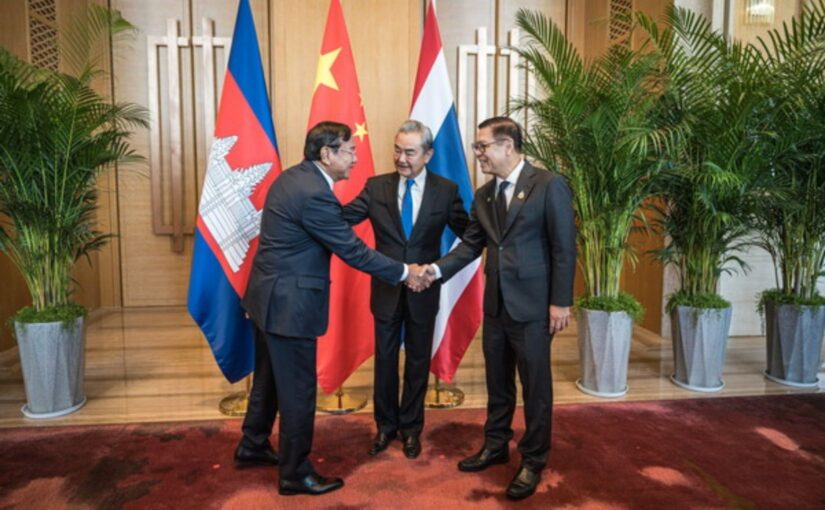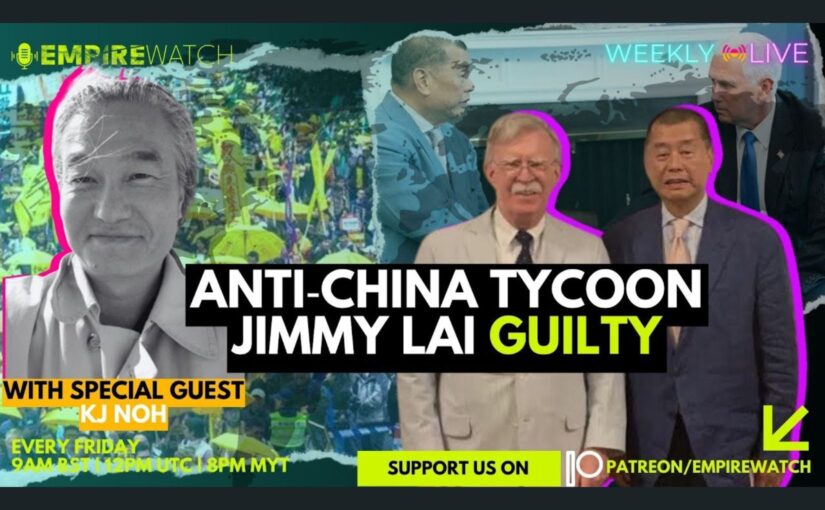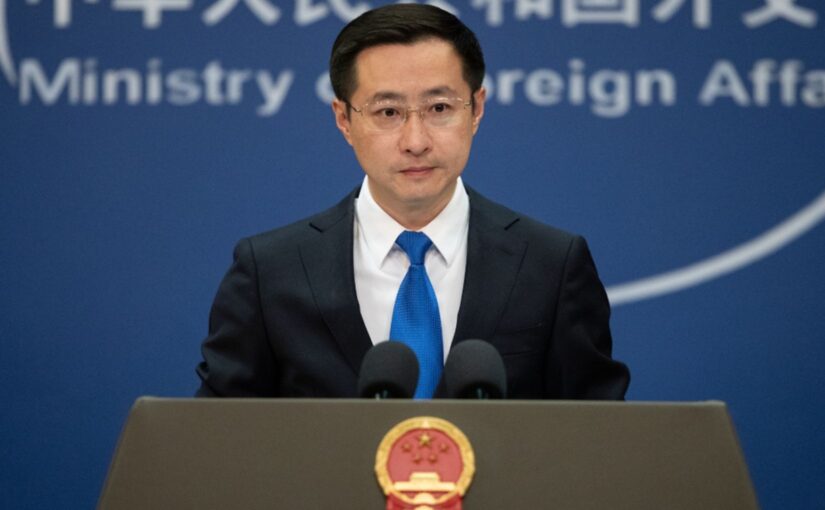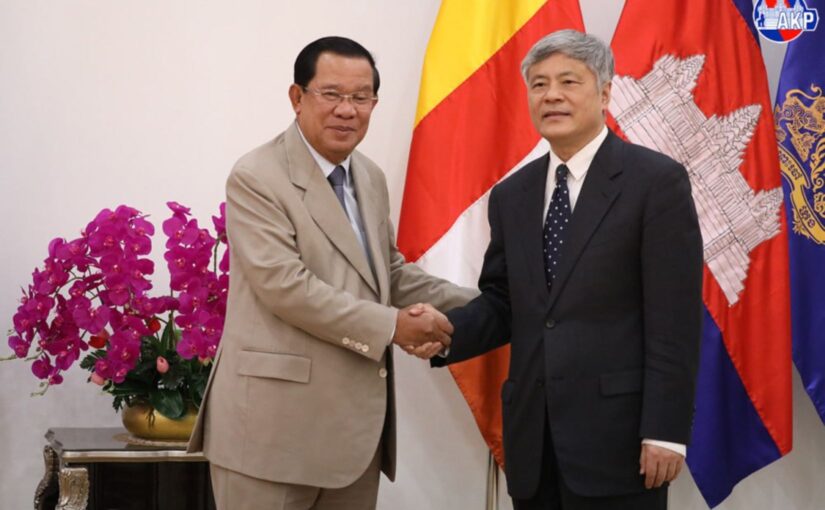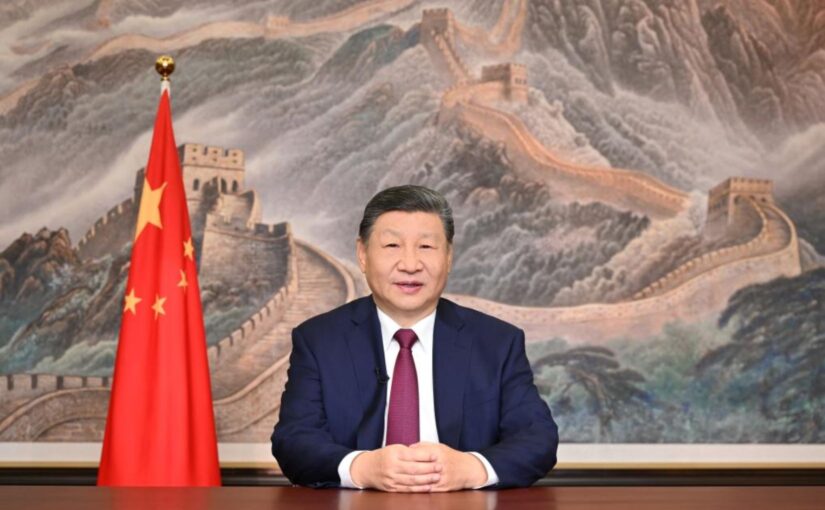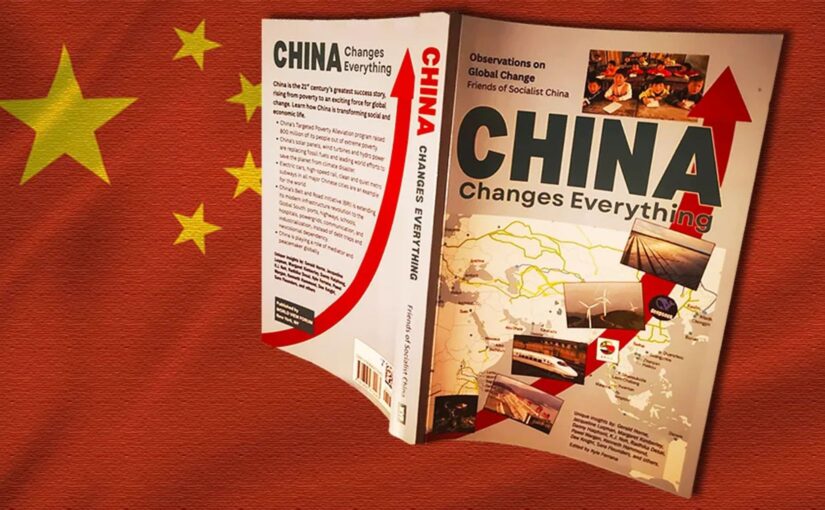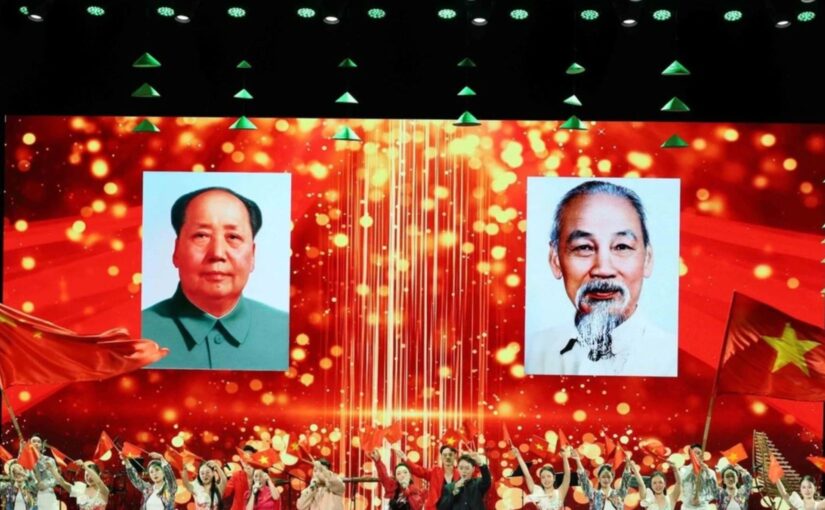In the following article, which was originally published on the Indian website Scroll, Ajay Kamalakaran shares fascinating details regarding the five Indian doctors, particularly Dr. BK Basu, who served on the frontlines during the Chinese people’s war of resistance against Japanese aggression, providing critically needed medical care.
Prior to their August 1938 departure from Bombay (now Mumbai) they were cautioned by Indian independence movement leader Sarojini Naidu: “You are undertaking a dangerous task…some, or one of you, may not return.”
They were all aware of the risks, but as the 28-year-old Dr. Basu wrote, their anxieties were outweighed by the pride they felt in taking part in an act of “internationalism and anti-imperialism”.
Throughout a long voyage, the Indian doctors received an impressive welcome at each port of call.
In Colombo [Ceylon now Sri Lanka], an enthusiastic Chinese store owner took a photo with the group in front of his shop. In Penang [Malaya], a “welcoming mass of people”, predominantly overseas Chinese and Indians, garlanded the doctors.
“Singapore was much the same, with large crowds at the pier waving Indian and Chinese flags… In Hong Kong, too, they were greeted with cheers and applause.”
Reaching Guangzhou, then known as Canton, they were feted by Soong Ching-ling, the widow of Dr. Sun Yat Sen and later a Vice-President and finally the Honorary President of the People’s Republic of China.
Reaching Changsha, in Hunan province, “the spirit of international support was palpable… Volunteers from the United States, Europe, Russia and even Java joined a banquet hosted for the Indians by Ye Jianying, the chief of the Eight Route Army, the larger of the two communist forces that fought the Japanese. Among those at the banquet was the writer-journalist Agnes Smedley, an ardent supporter of Indian independence.” [An account of Smedley’s role in the fight for Indian independence may be read here.]
Basu developed a particularly close relationship with Dr. DK Kotnis, who was admitted to membership of the Communist Party of China and died of illness in 1942, aged just 32. “Together their efforts extended beyond treating the wounded. When crossing enemy lines, they would actively sabotage infrastructure used by the Japanese, including railway tracks.”
Continue reading BK Basu – Indian doctor and internationalist in China

